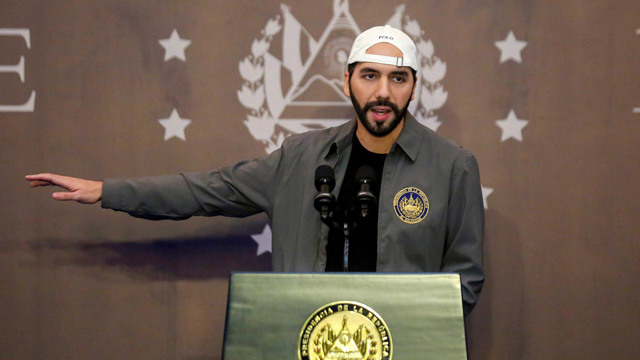
El Zonte is a small surfers paradise on El Salvador's Pacific coast. It was known for its high waves and casual atmosphere. Over the past two decades, a discreet experiment has been going on that is now in the international spotlight. You can use bitcoin to pay for your coffee or shop at the corner shop of this fishing village.
It competes with the US dollar, which has been the country's official currency since 2001. El Zonte is a place where young people and entrepreneurs are excited about Bitcoin. Some people thought the whole thing was an exotic fad. However, President Nayib Bukele legalized bitcoin immediately in early June. What prompted him to do it?
The history of Bitcoin in El Salvador
Mike Peterson, a surfer from California, is the one who leads us to our destination. He moved to El Zonte in 2005. A youth project called Hope House was started by Christian lifeguards.
He told the Los Angeles Times two years ago that he was approached by an anonymous donor. He promised him $ 100.000 in bitcoin. The condition was that the money was distributed to the people and that El Zonte became a "bitcoin laboratory".
Hope House began distributing bitcoin during the pandemic. They were used for garbage collection, for getting good grades, and for residents who became unemployed or sick.
Peterson has made meticulous efforts to persuade local businesses to accept bitcoin. Hope House has installed a bitcoin machine that allows you to convert dollars into bitcoins, get credit for transferred bitcoins, or have them paid in dollars.
The practical problems were solved by the experiment. Many Salvadorans living in El Zonte receive dollars from their relatives in the United States. There is no bank branch in the village. Half of Salvadorans have no bank accounts and withdraw their money at Western Union, which charges high fees. They had to travel from El Zonte to the neighboring village to do this.
Bitcoin was the gateway to the financial world for young people, allowing them to save money and invest. The village was flooded with cash when the USD 100.000 was converted into bitcoin. Because it created a local circular economy, the experiment worked. It was similar to how solidarity currencies work around the world.
Insiders believe Jack Mallers may be the person behind this pattern. Mallers created Strike, which allows people to instantly exchange bitcoins with Tether, a virtual stablecoin linked to the dollar. This helps protect yourself from fluctuations.
In February, the Los Angeles Times received information from Yusuf Bukele, the president's brother and advisor. They met and discussed the possibility of a bitcoin law. The country of Israel was the first to legalize bitcoin four months later.
The stylish president, Bukele
Many thought it was an elaborate publicity stunt of an impulsive state of mind. Since 2019, Bukele has been in power. He is known for his attention to fashion and the ability to cultivate a millennial image. Surprised, Bitcoin announced at the Bitcoin Congress in Miami (June 5).
China had banned cryptocurrency and closed bitcoin farms in the past. Legalization in El Salvador was welcomed as a positive step to offset the drop in prices.
